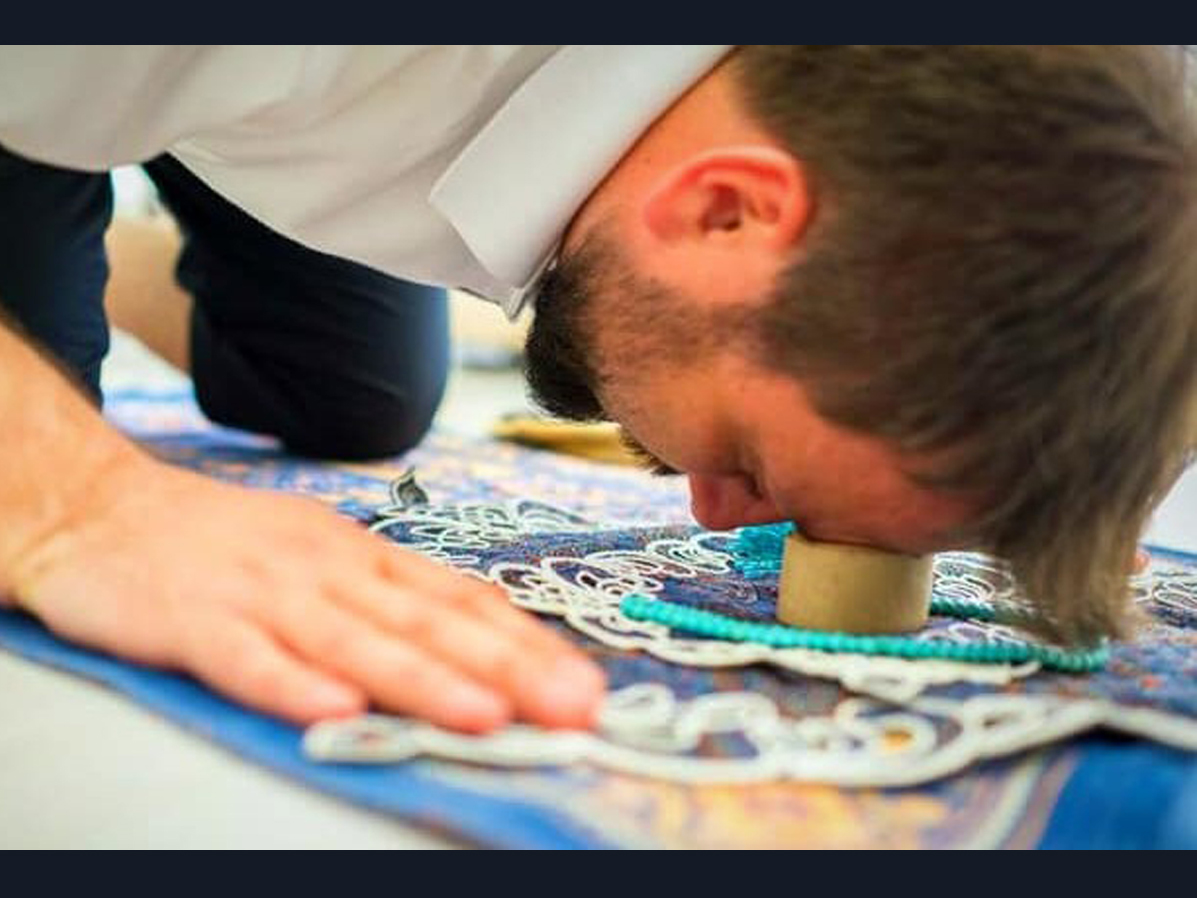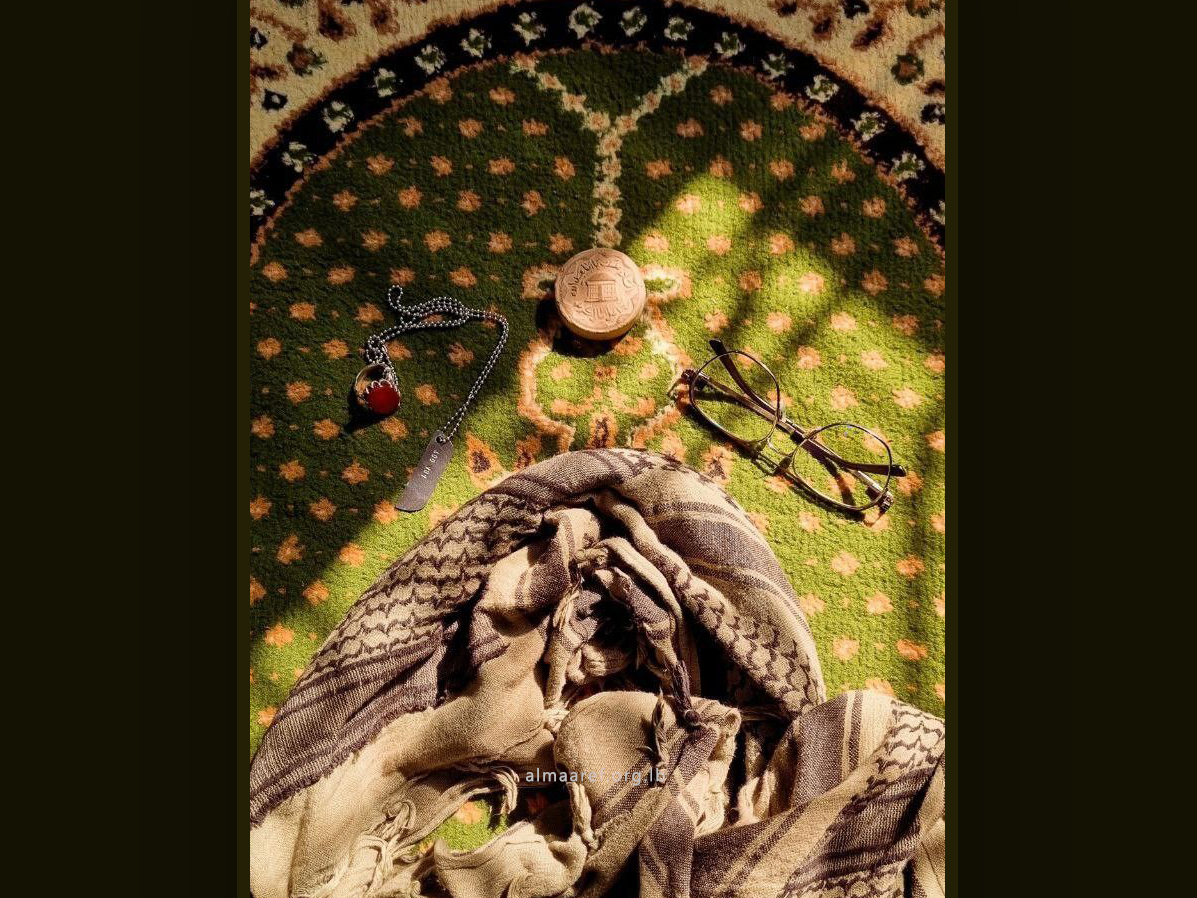Once Imam Sadiq (a.s.) gave one thousand dinars to a trustworthy person for
investment in his business. That person purchased a commodity and after
surveying the market he learnt about the dearth of that product in Egypt. So he
sold his commodity in Egypt at a high price and made hundred percent profit. He
returned to the Imam happily and presented two bags to him saying that one bag
contains one thousand dinars, the amount of your investment and the other bag is
an equal amount of one thousand dinars as net profit in business.
The Imam was grieved by obtaining so much profit and he returned the other bag
saying: “I seek God’s refuge! How do you approve that a group of Muslim suffer
in order that you make excessive profit by selling your product at double the
price. Be aware that it is hard to earn ‘halaal’ and justifiable income.”
Note: Nowadays people all over the world are dissatisfied because of
excessive profit made by businessmen and capitalists. Excess profit is not
justifiable. It is as sinful as interest on loans (when it is not ‘Mozarebah’).
Greed for excessive profit is one of the causes of inflation. Inflation may be
compensated by proper rise in wages and salaries. Governments are responsible
for controlling excess profit by suitable means.
How to Lead a Good Life?
1. Do not be arrogant in richness.
2. Do not be worried or uneasy in poverty.
3. Do not be harsh, impolite and disgusting, because people will hate to
approach you.
4. Do not be frail and powerless, because all those who are familiar with you
will consider you as worthless and look at you with contempt.
5. Do not dispute nor quarrel nor be in bad books of your superiors.
6. Do not ridicule your subordinates.
7. Do not conflict with experts in their field.
8. Do not obey the stupid.
9. Do not be subservient to every individual.
10. Do not rely on ability and competence of anyone but wait till you know how
to enter and exit from an affair.
11. Consider your heart as your partner and a close relative and your
performance as in need of a father whom you follow at every step.
12. Consider your evil self as your enemy with whom you are always at holy war.
13. Consider your soul as a loan which must be returned to God. You are a
physician for your own soul; the symptoms of its wellness and illness have been
explained to you for correct diagnosis and treatment with suitable remedies, so
you have to guard your soul with extreme care. (T.O 304)
A Good Life
1. A person who does not spend his earnings himself is like one who has
accumulated it for others.
2. One who obeys his carnal desires has actually obeyed his enemy (i.e. his evil
self).
3. One who relies on God, He will suffice him in all affairs in this world and
the hereafter and the things unseen by him will also be safeguarded.
4. One who does not bear all tests and troubles patiently and does not thank God
for His blessings and does not endeavor to relieve himself from troubles will be
frail and helpless.
5. Be patient in every trouble related to your children, property and life,
otherwise God will take back whatever He had bestowed on you as a trust to test
your patience and thankfulness.
6. Do hope in God’s Mercy but not so much as to increase your boldness in
committing devilish crimes and sins.
7. Fear God but not so much as to sever your hope from His boundless Mercy.
8. Do not be deceived by the words of flattery of an ignorant person lest you
should become proud and arrogant about your own performance because the most
superior deed is devoted service & worship with humbleness.
9. Take care of your wealth and do not waste or ruin it. That wealth which is
related to your heirs and others should be managed efficiently.
10. Be content with whatever God has destined for you, and do not gaze with
greed at others’ possessions but thank God for what you possess and do not
desire what you cannot acquire, because the contented will be fully satisfied
and the discontented will be always worried and never get satiated.
11. Seize your share of good fortune for the Hereafter. (T.O. P.304)
Note: Imam Sajjad (a.s.) always implored to God for recompense in the
everlasting Hereafter instead of rewarding him in this temporal life here,
because the reward will be everlasting in the perpetual life after death.
* Compiled by: Syed Zainul Abideen, Tehran, Iran. Source: imamreza.net




















